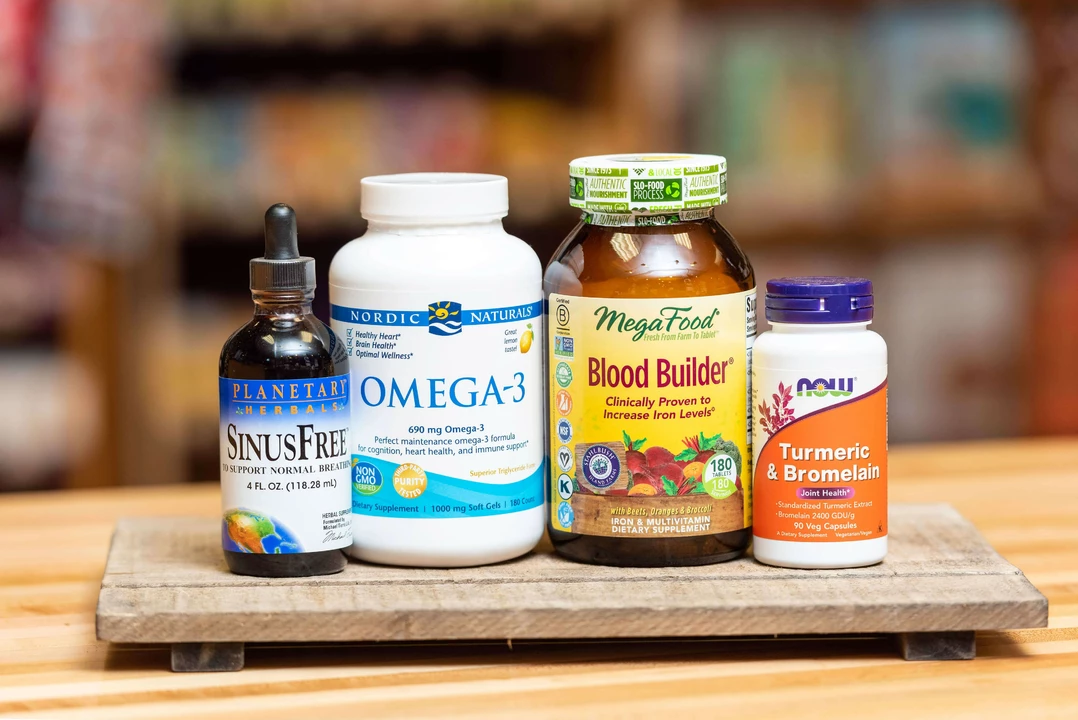Ancient wisdom: simple herbal tips that actually help — and how to use them safely
Old remedies can work, but the gap between tradition and safe use is big. If you want benefits without risk, focus on two things: proven actions and smart sourcing. Below I cut through the hype and give clear, practical steps you can use today.
How to pick safe herbs
First, look for evidence. For example, butterbur has clinical trials showing it can lower migraine frequency for some people. But raw butterbur can contain pyrrolizidine alkaloids (PAs) that damage the liver. Buy only PA‑free, standardized extracts. That’s the difference between a helpful supplement and a dangerous one.
Check labels for third‑party testing: USP, NSF or a similar lab seal matters. Avoid products that hide doses behind “proprietary blends” — you want to see the active amount so it matches what studies used. Also, prefer brands that list the botanical name (for instance, Petasites hybridus for butterbur) and storage advice.
Smart ways to use ancient remedies with modern meds
Herbs can interact with prescriptions. St. John’s wort speeds up liver enzymes and can lower many drugs’ levels. Grapefruit does the opposite for some meds. If you take blood thinners, antidepressants, heart meds, or hormonal birth control, run any new supplement by your pharmacist or doctor first.
Start low and track effects. Try one new product at a time for at least two weeks and keep notes on how you feel. If you notice dizziness, stomach upset, unusual bleeding, mood changes, or jaundice (yellow skin/eyes), stop and get medical advice immediately.
Here are quick, practical checks before buying a supplement:
- Look for third‑party testing (USP/NSF/GMP).
- Confirm the extract is standardized and free of known toxins (like PA‑free butterbur).
- Match the dose to clinical studies when possible.
- Avoid miracle claims; real benefits are usually modest and specific.
- Ask your pharmacist about drug interactions.
Some traditional options with reasonable modern support include turmeric (curcumin) for mild inflammation, ginger for nausea, and butterbur for migraine prevention — but each has cautions. For adrenal extracts and energy boosters, evidence is limited and product quality varies a lot. Treat those cautiously and talk to a clinician before long‑term use.
Want practical help? Read product labels, choose proven brands, keep your healthcare team informed, and be skeptical of fast cures. If you use prescription drugs, a quick check with a pharmacist can prevent most problems. AffordableRxMeds offers guides that break down specific herbs and how they fit into treatment plans — useful if you want to learn more without the marketing noise.
Use old knowledge, but use it wisely. That’s what keeps ancient wisdom helpful today.
Harness the Ancient Wisdom of African Wild Potato: The Premier Dietary Supplement for Total Wellness
In my latest blog post, I explore the incredible benefits of the African Wild Potato, an ancient plant used for centuries in traditional African medicine. This powerful dietary supplement is known for promoting overall wellness, boosting the immune system, and reducing inflammation. I delve into the science behind its amazing properties, discussing the active ingredients that make it so effective. Moreover, I provide recommendations on how to incorporate this healing plant into your daily routine for optimal health and well-being. If you're seeking a natural solution for total wellness, look no further than the African Wild Potato!
Read More
